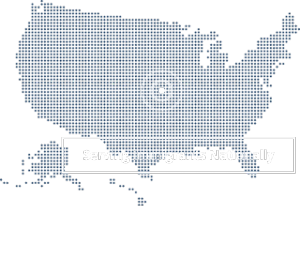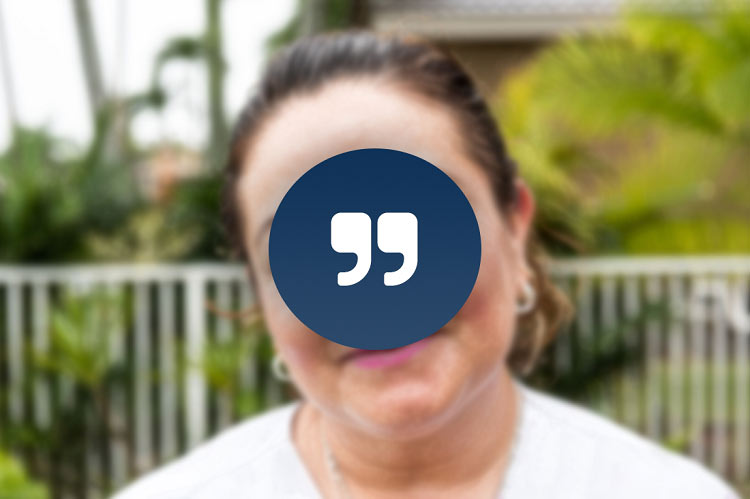Consular Processing
Getting a green card through a U.S. consulate in a foreign country
Consular Processing
Getting a green card through a U.S. consulate in a foreign country
What is consular processing?
Consular processing is a path for getting a green card that involves attending an interview at a U.S. consulate or embassy located outside of the United States.
For people who live abroad, but wish to enter the United States, this is the only option. They must consular process. And for many who live in the United States, but wish to get permanent status, they must travel abroad for an interview.
Am I eligible for consular processing?
Scenario 1: I live outside the United States but have a petitioning relative in the U.S.
- We’ve helped many persons living abroad to get their green cards in the United States. But first they must submit evidence to the National Visa Center as well as a DS-260, Application for Immigrant Visa.
- For example, a U.S. lawful permanent resident father and husband wished to bring his wife and kids from Mexico to live with him. We helped him to filing green card petition for his wife and children (on Form I-130s), and then to file applications for immigrant visas for each of them. They attended interviews at the U.S. consulate in Ciudad Juarez and their immigrant visas were stamped into their passports. After arriving in the United States, they received their green cards through the mail.
Scenario 2: I live in the United States but entered without inspection or parole
- Many undocumented persons who want green cards are required to leave the country and consular process. This is because they don’t qualify for adjustment of status.
- When persons living in the U.S. are required to consular process, you have to be confident that you can return, and return quickly at that. Leaving the U.S. often means that you trigger a bar of inadmissibility for having accrued too much unlawful presence. And this means that you’ll need a waiver to return.
Scenario 3: I live in the United States and have a deportation order
- If your deportation order hasn’t been executed, meaning you haven’t left the U.S. since you were ordered removed, you aren’t eligible for adjustment of status. You’ll probably need to consular process.
- Sometimes we will explore reopening a deportation case in order to give someone the chance to adjust status. This is a complicated matter, but we’ve had success doing it on several occasions.
Common Issues
There are a number of issues that can arise during consular processing. This is why it’s critical to consult with an experienced immigration attorney before starting the journey.
- Not Qualifying
- Stuck outside of the United States after attending a consular interview
- Other Technical Issues
The most common issue with consular processing is that someone doesn’t immediately qualify for an immigrant visa, and he or she gets stuck outside the U.S. for several years. This can happen when an experienced immigration attorney is not consulted, or when a thorough investigation doesn’t happen. For example, many people are subject to a 10-year bar that cannot be waived. Like when the person has entered and reentered the U.S. illegally. These people can unknowingly leave the U.S. with an expectation that they can return with a waiver but be sorely disappointed. Others attempt to consular process despite having a permanent bar to getting a green card, like a false claim to U.S. citizenship.
Often we hear about people with approved provisional waivers of unlawful presence that get stuck outside of the United States after attending a consular interview. In theory, this shouldn’t happen because USCIS shouldn’t have approved the provisional waiver if the applicant was not eligible. But it does from time to time. The most common reasons are that the person is subject to a charge of inadmissibility for smuggling persons (bringing a small child with you when you cross the border); or a criminal conviction that wasn’t previously disclosed; or an order of deportation that wasn’t previously disclosed. The best way to avoid this is to consular with an immigration attorney and disclose all the bad stuff up front.
Other technical issues can arise that are easier to overcome. One example is problems with the affidavit of support. You have to prove that your sponsor (the petitioner) makes enough money to support you. When he or she doesn’t make enough income, you can address this issue by obtaining a joint sponsor. Other technical deficiencies include lack of police clearance certificates and the absence of proof of the relationship. These problems are easier to overcome, but nonetheless can present significant obstacles to consular processing.



